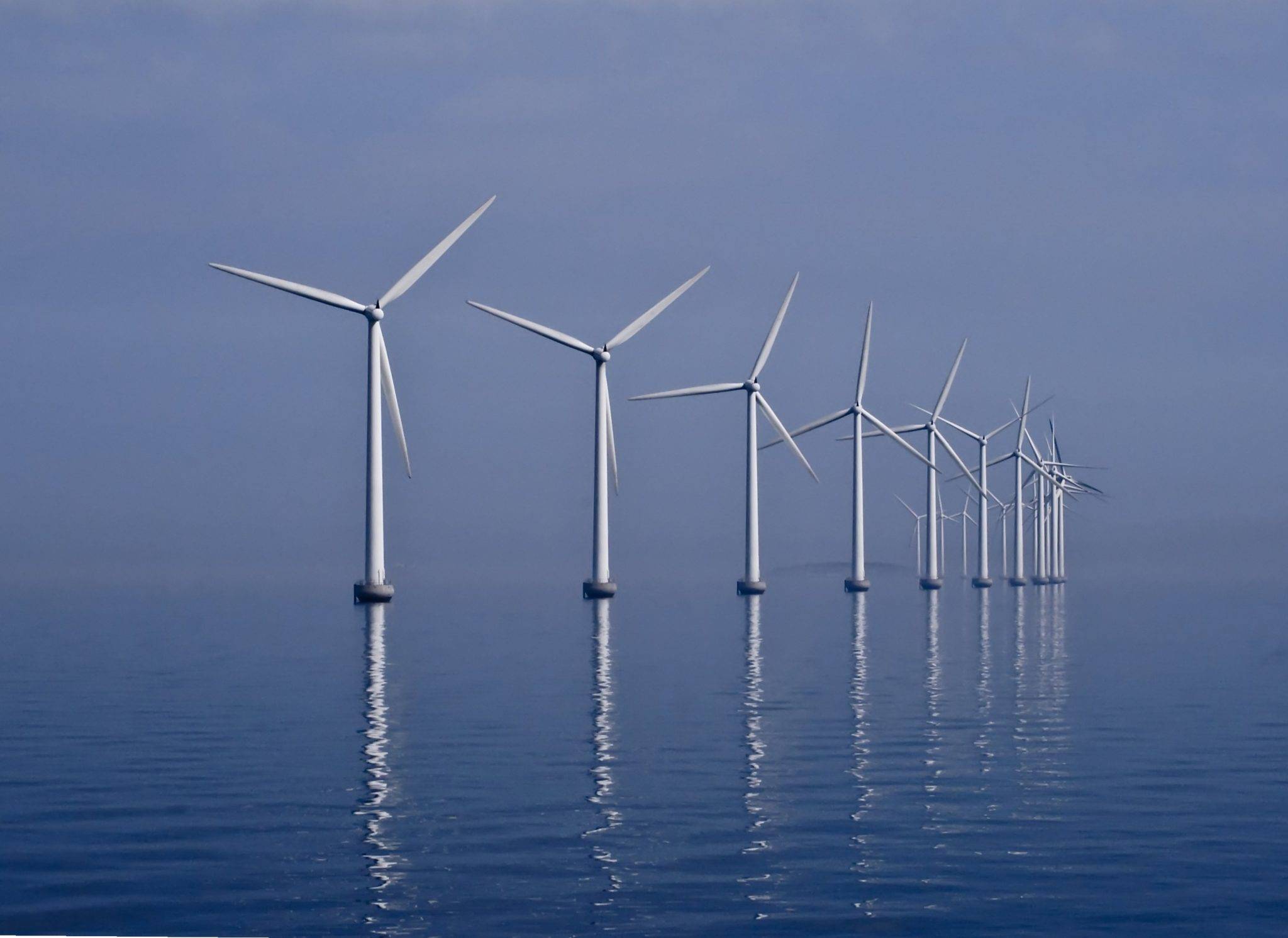CommonWealth Magazine

[ad_1]
ANNIE HAWKINS has a message you don’t hear very often in Massachusetts these days.
Executive Director of the Responsible Offshore Development Alliance, a national fisheries interest group, Hawkins questions the rush to develop offshore wind. Its organization continues the Bureau of Ocean Energy Management, alleging that the agency is do not protect the fishing industry as it strives to develop the country’s offshore wind potential to help tackle climate change.
“In taking action to combat climate change, we must recognize that these new uses [of the ocean] have a lot of environmental uncertainties. They themselves have a lot of impact, â€Hawkins said on The Codcast. “They can be better understood and minimized before we deal with those 30 gigawatts tomorrow. There needs to be a lot more due diligence up front. “
The 30 gigawatt benchmark refers to President Biden’s goal of deploying 30 gigawatts of offshore wind power by 2030. This is a goal that matches Governor Charlie Baker’s desire to develop 3.2 gigawatts of wind power. by 2030. The Baker administration has already purchased 1.6 gigawatts and is reviewing proposals that would double that amount.
Vineyard Wind, the country’s first commercial-scale wind farm, has been awarded federal regulatory approval in May and last week he cemented its funding. But Hawkins goes to court to put the brakes on, claiming the process is moving too fast. In the rush to tackle climate change, she said, the nation is taking action that will be bad for the environment in other ways.
“The climate is really, really important, but there are also a lot of environmental issues that are really important. It’s not like a few months or a year is going to be decisive on the climate issue, â€said Hawkins.
“For me, the message has a lot of dissonance. We are looking at very, very large multinational energy companies that in other areas and things would tell us that they are just not credible in protecting the public interest, â€she said. “There is this feeling of leaving it completely up to them to solve these problems that, in many cases, these same companies have created. The government must and must provide this level of impartial oversight. “
While most members of the Massachusetts congressional delegation believe the Trump administration was slowly moving the offshore wind to nowhere, Hawkins said the Trump administration was following a process which Biden is now trying to get around. Hawkins said his group’s lawsuit was an attempt to take the debate out of the political arena and have a discussion of the trade-offs involved in pursuing offshore wind.
“It shouldn’t be so political,†she said.
Hawkins has a host of concerns specific to fishing with the wind farms that are on the drawing boards, but she is also concerned about what will happen to fish stocks when thousands of giant, stationary wind turbines are planted in the ocean. She points out that when federal officials leased part of the ocean 15 miles from Martha’s Vineyard to Vineyard Wind in 2015, there weren’t many North Atlantic right whales in the area. But now that the endangered creatures have moved in, construction of the wind farm must begin and no one knows what to do.
“It’s not the best way to negotiate this,†Hawkins said of his group’s lawsuit. “Working in the field of natural resource policy, the common adage is that the courts are the worst place to make these decisions because judges are the least informed of the experts. That being said, when the experts don’t do their job, you have no recourse.
TO SHARE
[ad_2]
